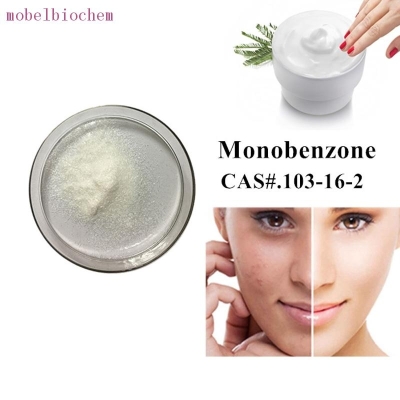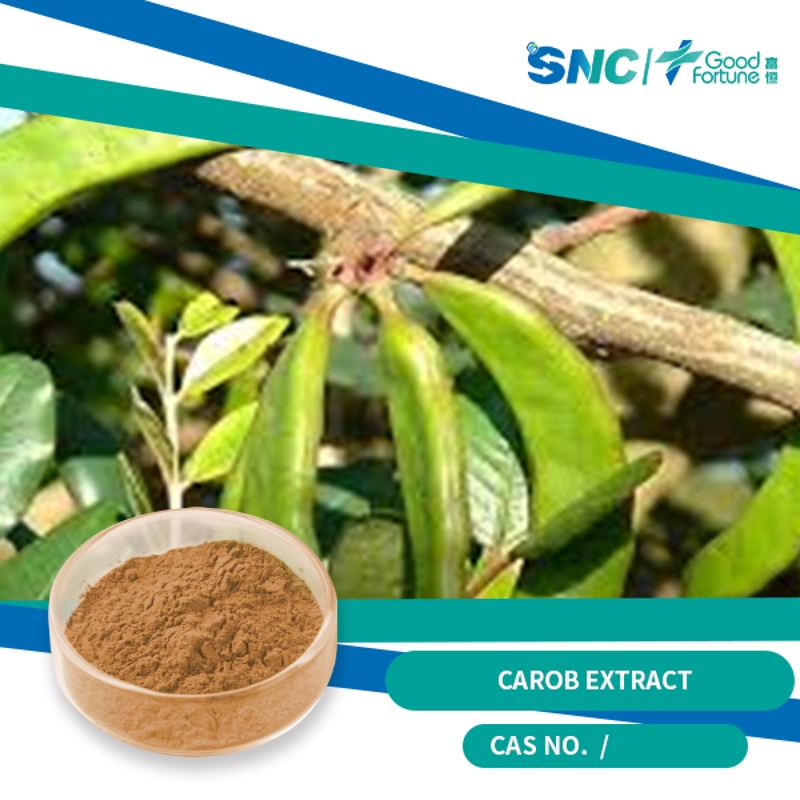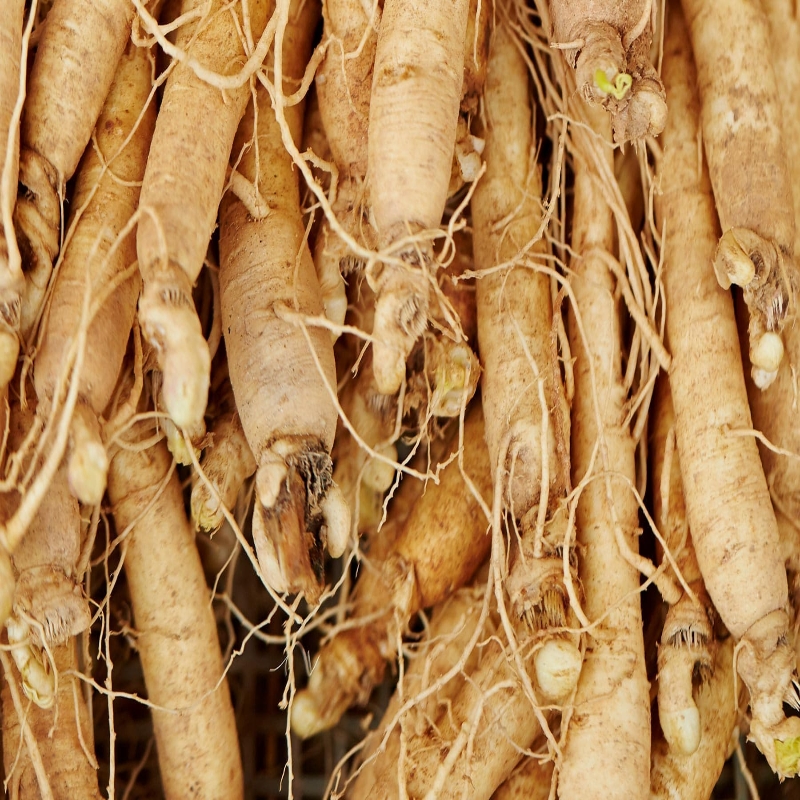-
Categories
-
Pharmaceutical Intermediates
-
Active Pharmaceutical Ingredients
-
Food Additives
- Industrial Coatings
- Agrochemicals
- Dyes and Pigments
- Surfactant
- Flavors and Fragrances
- Chemical Reagents
- Catalyst and Auxiliary
- Natural Products
- Inorganic Chemistry
-
Organic Chemistry
-
Biochemical Engineering
- Analytical Chemistry
-
Cosmetic Ingredient
- Water Treatment Chemical
-
Pharmaceutical Intermediates
Promotion
ECHEMI Mall
Wholesale
Weekly Price
Exhibition
News
-
Trade Service
Micropropagation is an important tool for rapid multiplication and the creation of genetic variability in African violets (
Saintpaulia ionantha
Wendl.). Successful in vitro propagation depends on the specific requirements and precise manipulation of various factors such as the type of explants used, physiological state of the mother plant, plant growth regulators in the culture medium, and growth conditions. Development of cost-effective protocols with a high rate of multiplication is a crucial requirement for commercial application of micropropagation. The current chapter describes an optimized protocol for micropropagation of African violets using leaf explants obtained from in vitro grown plants. In this process, plant regeneration occurs via both somatic embryogenesis and shoot organogenesis simultaneously in the explants induced with the growth regulator thidiazuron (TDZ;
N
-phenyl-
N
′-1,2,3-thidiazol-5-ylurea). The protocol is simple, rapid, and efficient for large-scale propagation of African violet and the dual routes of regeneration allow for multiple applications of the technology from simple clonal propagation to induction or selection of variants to the production of synthetic seeds.







